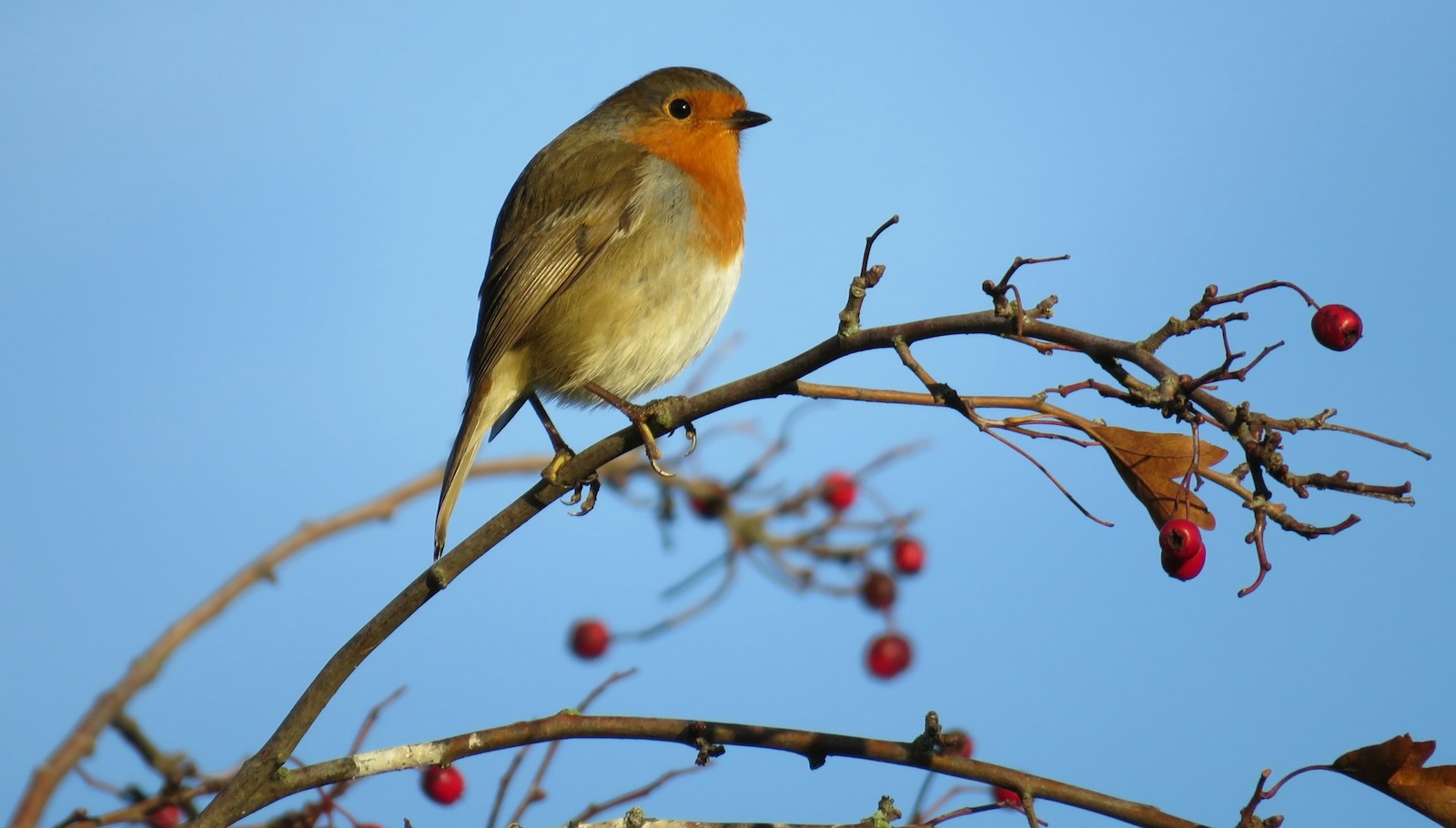Finding the Lightships with Birdy by Akkiah Davison-Floyd

I walk quietly to Birdy’s room and softly seat myself on a rocking chair. It’s late, the sun has already set. A small bedside lamp casts off a soft golden glow. Her bed is lowered to the floor. Feather stuffed duvets, hand stitched quilts, and wool blankets adorn her. She’s been expecting me, but all I can see are pale green eyes and wisps of grey hair over her insulation of covers. I know she’s under there somewhere, so I fold the corner of one of the thick duvets into a neat triangle along her frail figure. We can see each other a little better now, so I begin our nightly ritual. I come in after my third rounds and read her a chapter or two from her Bible. We’ve both grown accustomed to it, I even look forward to it now. She usually drifts off before I finish the chapter, but I stay back a few extra moments and keep reading aloud, barely above a whisper, as her breathing grows heavier. Before I leave, I pull the thick layer of blanket back over her and creep out of the room.
Birdy is afraid of birds, which I love to remind her is deliciously ironic. One time, a bird flew in through the front door; causing everyone to run around trying to catch it. Birdy came walking out of her room holding a giant sun hat in front of her like a shield. She looked at me in terror as I ran down the hallway, chasing the bird, swinging a hand towel around over my head like a lasso. She calls out “You’ve got it dear, don’t give up!” while pumping up a fist in a la révolution pose. She turned swiftly around on one heel and went back inside her room, closing the door promptly behind her. Always my cheerleader, even when she’s scared.
It was a robin that had broken in. There was a nest outside in an overgrown hedge maple. I could see them nearly perfectly from one of the dining room windows. Birdy noticed the nest once, while she was eating stale French toast that was drowning in sugar free syrup and watery pale scrambled eggs freckled with coarse black pepper – the juices on her plate separating from one another like the liquids in a lava lamp. Her cataract cast away eyes looked past her plate, and to the tree before saying, “Maybe they really aren’t so scary, they’re just a family.” I smiled and nodded as we gazed out at the robins, who were picking and pecking around their hideaway home. The scraping of forks and clanging of glasses sounded like wind chimes as we both found ourselves watching the world go by, lost in private daydreams.
Birdy has been steadily approaching the late stages of Alzheimer’s. Three years ago, when I had first started working here, she was always pacing the halls. When I was a child visiting my mom at work, the pacing used to scare me. It reminded me of zombies. Then, as a teenager, Zoochosis. Birdy didn’t scare me. One evening, while I was charting in the nurses’ station, Birdy kept passing by. I’d see her from the corner of my eye and over the counter, shuffling. She’d come from the right, then two minutes later, she’d come from the left. Each time she’d pass, I’d hear her repeating under her breath, “Yes, a collect call for Mrs. Floyd from Mr. Floyd. Will you accept the charges from American Bell?” After several laps, we made eye contact. I gave her a soft smile and said “Hi.” I got up to go stand by her. I looked down and noticed she had one shoe on and one shoe off. I asked if I could walk with her. She nodded her head in agreement, and off we went, unbeknownst to her, to find the missing shoe.
Sometimes I wonder if other people read to her on my days off. I try not to think about it too much, compartmentalization is my friend in this context. This isn’t the kind of job where you can take work home with you and stay sane.
There are times, here and there, when Birdy has lucid moments. There’s not a way to determine when it’ll happen, no trigger to bring them on. They come as they please, and leave just as quickly. Still, I love when we get to share moments of storytelling. She talks very little about her family, but she often tells me stories about her father. Every so often she’ll reveal a new tidbit towards the story. Sometimes I have to guess if it’s real or not, it’s all just part of the duties for my unofficial role as the bibliographer. When she’s not lucid; she could be five years old and very worried about getting to school on time. Other times, she’s wondering where her children are. Sometimes she’ll say things that I’m not privy to understand. Those times require you to have known her prior to the disease, when she was still living the life she’s describing.
Her father had been a survivor of the sinking of the RMS Titanic. On April 10th, 1912, just 28 at the time, he boarded the ship for the maiden voyage to New York City. He had big city dreams and was determined to make it. When the ship hit the iceberg on April 14th at around 11 p.m., he was thrown violently awake. When he found his footing, he began making his way through crowds of people towards the Boat Deck.
Birdy loves chocolate. Specifically raspberry chocolate. Her daughter, Suzanne, keeps a well- stocked stash for her in a drawer of her dresser. Suzanne comes every so often to visit Birdy. Mainly it’s during specific holidays, like Easter, Mother’s Day, and Christmas. More often, she drops off care packages to the receptionist. I never judged Suzanne. This is entirely normal, to be honest. It’s hard to be around your family members after Alzheimer’s strips so much of them away. When she does her quarterly visits she sits on the rocking chair, and talks to Birdy, much like you talk to a stranger. She calls her mom – but the tone, questions, and conversations are kept on a surface level. Birdy often forgets who Suzanne is, then becomes increasingly confused and overwhelmed when people try to convince her that she is indeed her daughter. I know that must tear Suzanne apart, I’ve seen it on her face when she’s walking down the hallway to leave.
One of the other aids told me that Birdy fell and is out of the facility. I ask if she’s going to be okay, and how long she’ll be at the hospital. They reply, “I’m not too sure when she’ll be back, but she broke her hip.” A sense of dread fills my stomach, like when you’re a kid drinking too much pop in sugar fiending gulps. Deaths come in threes within nursing home walls. I’m not entirely sure why, no one’s ever challenged the scientific or spiritual understanding of it. It just is. We all know and never question. Recently we have had two of our residents pass away. Everyone was anxious about who would be the third, and when. We all watch with worry, surveying who’s no longer eating, who’s been a little more lethargic, who’s recently had a fall.
When her father reached the Boat Deck he was surrounded by madness. People were screaming, trying to jump onto lifeboats, or throwing themselves overboard, and begging for direction. All of a sudden, he was pushed overboard. When he hit the water, he was struck with the realization that he was going to die that night.
Birdy worked for American Bell Telephone Company for forty-one years as a phone operator. Suzanne told me that in 1984 Bell broke up and made subdivisions across the United States. When this happened, Birdy decided to retire. There were many times that Birdy would run after the ringing phone and answer, “Long distance, how can I help you?” She started working to help the boys come home during the Second World War. Suzanne said that sometimes those calls could have been the last ones they’d ever get. When we’d ask her if we could have the phone, she’d grip it tightly and say, “they may need help,” shooing us away with a fierceness I rarely saw in her. Oftentimes, we’d send someone to her room to retrieve one of her annually collected phone books. She’d focus on that, flipping through it like she’s memorizing each line. Someone would go sneaking back to the nurses’ station to apologetically take the call.
Birdy is back from the hospital and has been placed on hospice. When I go to check on her, she looks different. She was away for only two weeks, but already she’s smaller. The thin gold watch she always wore hangs limply around her wrist, like it could slide off easily with the slightest movement. Her cheeks have sunken into her face, her lips chapped. I kneel down and gently lift her hand to hold it. She won’t be walking around the building anymore.
Her father watched as the ship sank and people spread out around him. After he had been in the water for some time he lost consciousness. When he awoke the waves had carried him far out to sea. He saw a lightship in the distance. Using all of his energy, he swam to it. He floated in the water hollering to the one man crew, praying that he would come out and hear him. He did.
One evening, after I had completed my third rounds, I read her Bible. Quietly she interrupts me and asks, “Can you see any lightships, dear?” I stop, unsure of how to answer. “No,” I say, “but I can help you look for them.” Her skin had become translucent and shiny, her breathing shallow and slow, her eyes closed; like it was too difficult to keep them open any longer. I ask her, “Have you spotted the lightships yet?” She takes a very long time to respond. When she finally does, she says, “Yes! They’re here waiting for me, should I go towards them?” I say, “If you think it’s time Birdy, it’s okay.” She relaxes a little deeper into the mattress with a peaceful smile. I get up, crack open the window, and curiously hear newborn robins chirping.
 Akkiah Davison-Floyd is an English major in her senior year at Western Washington University. Throughout her explorations in creative writing, she has found a tender home for her imagination to flourish. She is delightfully undefined, and free to write any future she should dare to dream.
Akkiah Davison-Floyd is an English major in her senior year at Western Washington University. Throughout her explorations in creative writing, she has found a tender home for her imagination to flourish. She is delightfully undefined, and free to write any future she should dare to dream.
